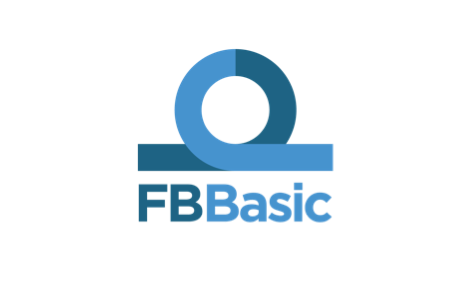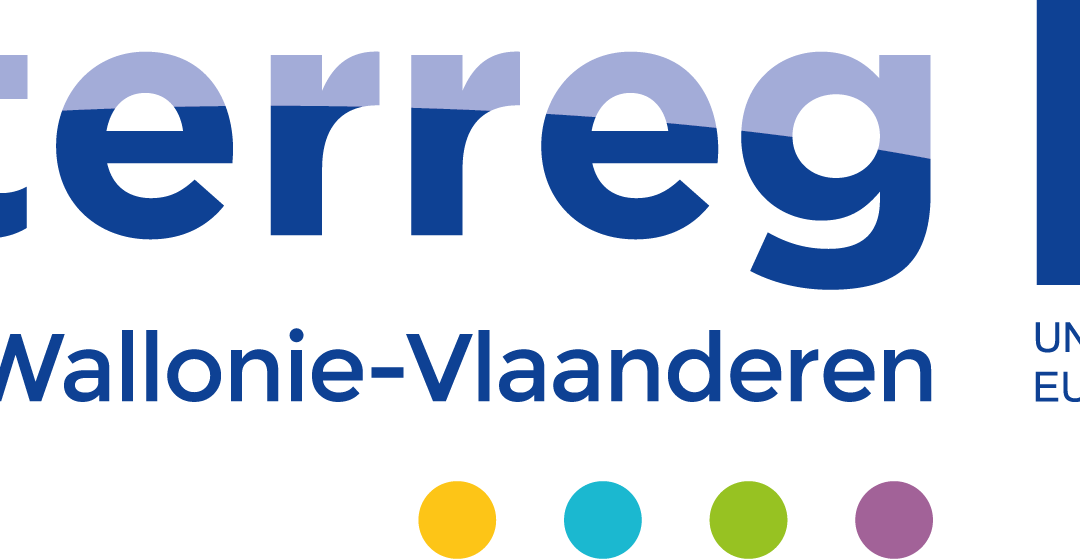Mönchengladbach, April 23, 2019 – Today, recycled yarns are produced only from sorted waste, such as PET bottles or plastic waste from oceans. However, a large part of the textile waste consists of fiber and raw material blends, so that it is not possible to recycle them by type. The remains can only be reused thermally or in downcycling processes.
In preliminary tests, it has now become possible to produce yarns from up to 100 percent recycled mixed fibers with the aid of coarse pre-sorting and modification of the spinning process. In order to advance the technology further and integrate it into the industrial processes of textile, recycling an international consortium is being formed under the leadership of imat-uve, a design and development service provider from Mönchengladbach, Germany. Its aim is to develop a process for the mechanical recycling and spinning of old textiles made of different fiber material. This should make it possible to integrate unsorted textile waste into an upcycling process according to industrial standards and to create new yarns with fiber blends.
The requirements of the automotive industry are regarded as the highest goals of the application. But, the developed yarns should also be available to other sectors such as architecture, home, textiles and clothing. In the sense of a circular economy with cradle-to-cradle (C2C) principles, the joint project is intended to reduce the CO2 footprint of textiles and to strenghten the textile industry in the Rhine-Meuse region. This process and product innovations help establishing the textile industry in the border region Germany-Netherlands as innovation leader in the field of mixed fiber recycling and textile recycling.
Besides imat-uve, the consortium consists of the partners C2C ExpoLAB, FBBasic, Stichting Texperium and Trützschler. The project is supported by the European Union as part of the INTERREG programme Germany-Netherlands and is co-financed by the North Rhine-Westphalian Ministry of Economic Affairs (MWIDE NRW), the Dutch Ministerie van Economische Zaken en Klimaat (EZK) and the provinces of Limburg and Overijssel.
Read the full article HERE


Recente reacties